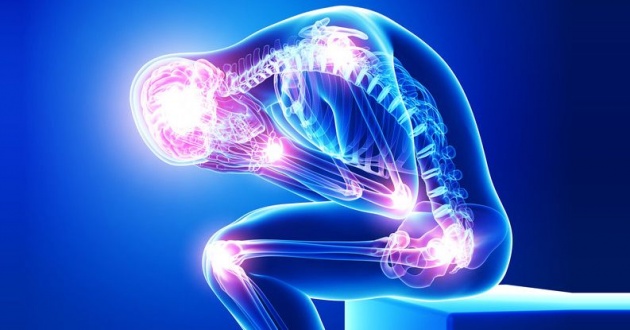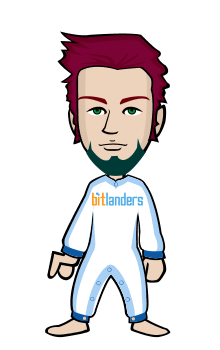
Brain health is essential to all other physical functions. How many of these brain-harming habits are you engaging in?
1 – Unhealthy Diet
The number one risk factor for any disease is a bad diet. Having too much salt, fat, and preservatives in the food we eat increases our risk for developing many diseases. Having diabetes and hypertension affects the way blood delivers oxygen to the brain, and without enough oxygen, brain tissue starts to die. Damaged brain tissue can cause memory and mood disturbances (beyond the physical manifestations).
2 – Smoking
Smoking is a dangerous vice that affects our circulatory system. Nicotine damages the walls of our blood vessels, making them prone to rupture. Even without causing damage to the cerebral blood vessels, the constant vasoconstriction affects the delivery of blood (and therefore oxygen) to the brain. Smoking is also a major contributing factor to hypertension and diabetes – both of which can affect the brain.
3 – Drinking Alcohol
Alcohol is a depressant of the nervous system, affecting a person’s mood and memory. Too much alcohol can cause blackouts, which manifests as the typical loss of memory and prolonged depressed mood in a healthy adult. These symptoms become more pronounced in older people, often being mistaken for dementia or Alzheimer’s disease – or worse, disguising their symptoms. [1]
4 – Lack Of Sleep
Sleeping during the night is when the body recovers and regenerates from the day’s activities. Older people are light sleepers because they spend less time in deep sleep, which makes them easily awaked by noise or other similar disturbances. Without enough sleep, people wake up tired and less alert. Consistently lacking in quality sleep disturbs the brain’s natural sleep cycle, memory retention, and mood. People often have difficulty concentration and are very irritable without enough sleep. [2]
5 – Drug Use
Drug use, whether medicinal or recreational, has the potential to permanently damage our brain. Drugs, by design, are intended to alter brain function – temporarily providing feelings of elation and improving energy levels. But mind-altering substances can cause damage the neuronal pathways to the brain; people who abuse drugs often experience depression and an inability to concentrate. In some cases, drug use affects a person’s level of consciousness and may even cause seizures and difficulty breathing. [3]
6 – Being Unsociable
Regular social interaction is a basic human need. Opportunities to socialize with others are actually opportunities to keep our brain healthy and alert. People who avoid social interaction are prone to developing psychosocial mental disorders because of a lack of social support from either family or friends. Studies have revealed a causal relationship between social isolation and deteriorating mental and physical health. [4][5]
7 – Low Self Esteem
Self-esteem is one of the building blocks of a healthy mental state. Most mental disorders stem from low-self esteem that leads to self-destructive behavior. When we put ourselves down by comparing ourselves with others and thinking that we are never good enough, it can damage our mood and our relationships with others. Learn to praise yourself when warranted, think you can instead of can’t, and grab the opportunities that come your way. [6]
8 – Not Exercising
A new study in JAMA Psychiatry has demonstrated that three or more periods of exercise per week decreases your risk of being depressed by 19%. University College London researchers monitored 11,000 people born in 1958 up until the age of 50 and discovered a correlation between physical activity and depression. People who were depressed were less likely to be active, while those who were active were less likely to be depressed. [7]
9 – Overuse of Electronic Devices
Links have been found between use of computers and smart phones in the late evening and an inability to sleep – due to overstimulation of the brain. It’s a well known fact that if you spend too long on the computer, you can get “brain fog” and a kind of physical lethargy and lack of motivation. Take breaks. Best of all, have days with no computer use and spend time out in nature doing physical activities.



